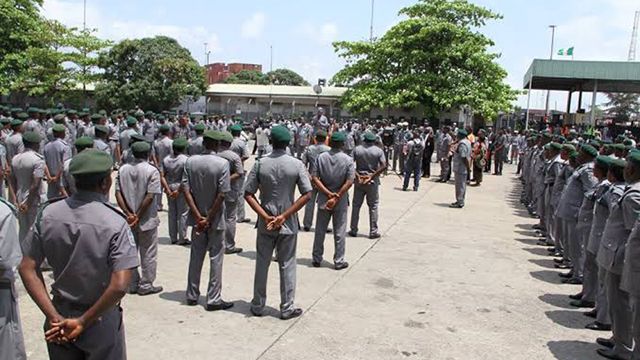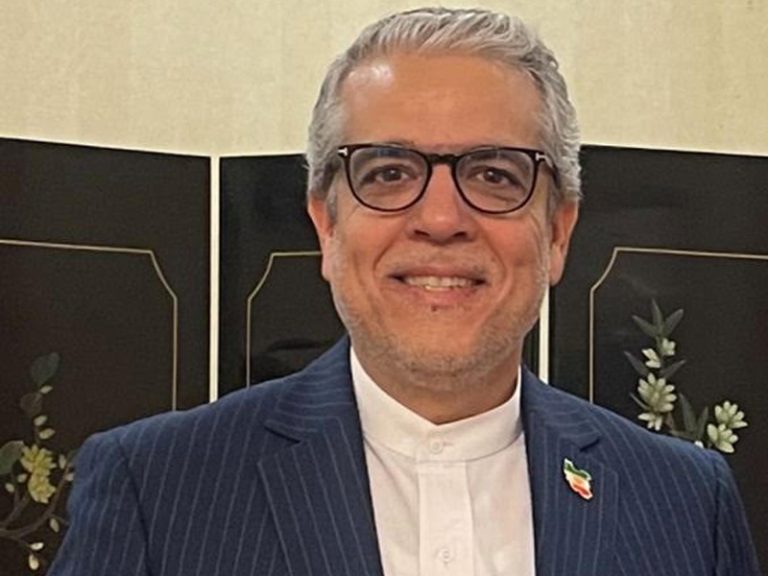
The Nigerian Customs Service (NCS) has begun the installation of fixed cargo scanners at Apapa Port, marking a significant leap in its port modernisation agenda aimed at streamlining trade operations and reducing clearance delays.
Speaking after inspecting the designated scanner installation site, Comptroller Oluwadare Oshoba, who heads the Apapa Area Command, assured stakeholders that the new technology will revolutionise cargo inspection and significantly improve turnaround time for shipments.
“With these scanners, we are ready to exceed expectations. Each scanner will be able to process up to 200 containers per hour, ensuring no consignment escapes proper inspection,” Oshoba stated.
The development was disclosed in a statement issued by Tunde Ayagbalo, Public Relations Officer of the Apapa Area Command.
Describing the location of the scanners as an “operational masterstroke,” Comptroller Oshoba noted that the scanners are being installed quayside, close to the berthing area of vessels. This strategic positioning ensures that containers can be scanned almost immediately upon discharge, without unnecessary movement or delays.
According to Oshoba, the non-intrusive, high-tech inspection process will not only bolster revenue assurance but also enhance compliance, trade facilitation, and national security.
“No container will bypass our inspection net. These scanners bring both speed and accuracy, reducing the need for physical checks and cutting down on dwell time at the port,” he said.
The fixed scanner rollout is part of a broader Customs modernisation initiative, which includes:
- Digitising cargo clearance processes
- Enhancing surveillance and intelligence gathering
- Deploying automation and artificial intelligence in port operations
Industry stakeholders have long advocated for the return of fixed scanners after years of relying on manual checks and mobile scanners, which often slowed cargo clearance and exposed the process to inefficiencies.
The Apapa Area Command, one of the busiest and most strategic ports in West Africa, processes a significant volume of Nigeria’s international trade. The deployment of high-capacity scanners is expected to set a new benchmark for port operations across the country.



